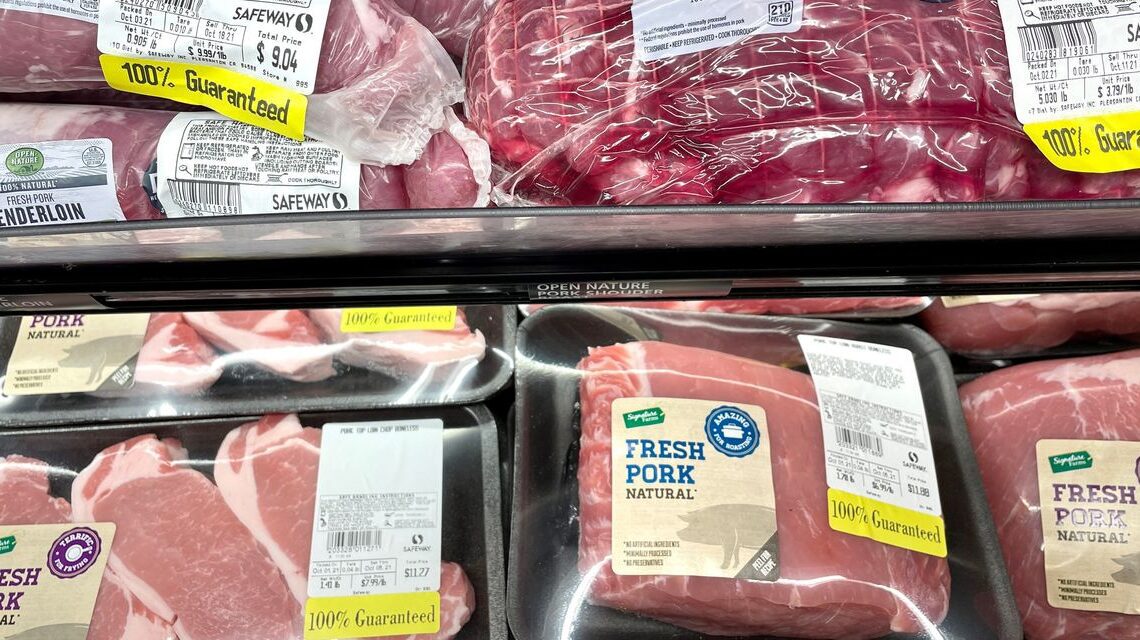The Supreme Court will hear “the bacon case” on Oct. 11. National Pork Producers Council v. Ross challenges California’s Prevention of Cruelty to Farm Animals Act, also known as Proposition 12. It’s an ill-conceived and unconstitutional 2018 law that attempts to use the Golden State’s enormous market power as leverage to regulate pig farming nationwide.
California lawmakers often presume they know what’s best—in this case for pigs and pig farmers across the country. State regulators are currently training inspectors to disperse across the nation to enforce California’s rules. Out-of-state farmers must certify that their products are compliant with Proposition 12 to be sold in California.
Yet many pork-producing states already have extensive and carefully developed husbandry laws and regulations to address animal-welfare and public-health concerns. Midwestern farmers don’t want or need California bureaucrats telling them how to raise pigs safely and humanely. In 2009, almost a decade before California passed Proposition 12, the Ohio General Assembly presented voters with a proposed amendment to its state Constitution, creating a Livestock Care Standards Board to establish “standards governing the care and wellbeing of livestock and poultry.” The board was to consider a range of factors regarding livestock care, including “agricultural best management practices for such care and wellbeing, biosecurity, disease prevention, animal morbidity and mortality data, food safety practices, and the protection of local, affordable food supplies for consumers.” After much debate and compromise, the proposal drew broad bipartisan support. Ohioans voted overwhelmingly in favor of creating the board.
The General Assembly immediately implemented the amendment after it was passed by voters. A series of laws created the Ohio Livestock Care Standards Board and required it to adopt regulations governing the care and well-being of livestock for the Buckeye State. By law, the board was to include a food-safety expert, two veterinarians, the dean of the agricultural department of one of the state’s colleges or universities, two consumer representatives, a representative of one of Ohio’s humane societies, two family farmers, two farm organization representatives, and the state’s director of agriculture, whose agency is responsible for enforcing Ohio’s laws and regulations in this area.
…
Click Here to Read the Full Original Article at RSSOpinion…

